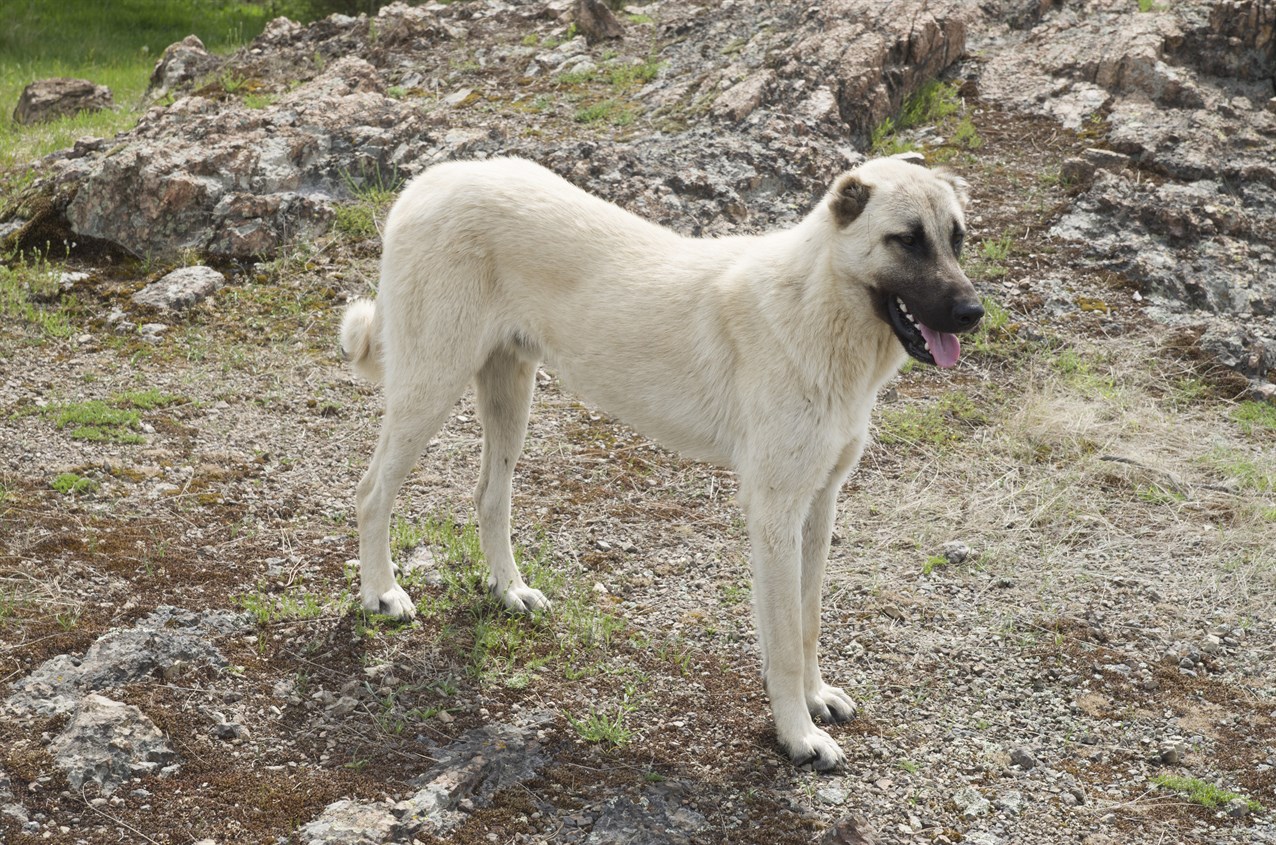Expected Life Span of the Kangal Dog

The Kangal Dog, like many large and giant dog breeds, has a lifespan that is influenced by various factors, including genetics, diet, exercise, and overall care. On average, Kangal Dogs have an expected life span of 12 to 15 years. Several factors contribute to the Kangal's relatively long life span.
Size and Genetics
Kangal Dogs are a large breed, but they are not considered a giant breed like some others known for shorter lifespans. Their size and genetics play a role in their ability to live longer, healthier lives compared to larger breeds.
Responsible Breeding
Reputable breeders prioritise health when selecting breeding pairs, reducing the risk of genetic conditions that can shorten a dog's life span.
Nutrition
Providing a well-balanced diet that meets their nutritional needs is crucial for a Kangal's long-term health. Proper nutrition supports their overall well-being and can contribute to a longer life.
Preventive Healthcare
Regular veterinary check-ups, vaccinations, and preventive measures against common health issues (such as heartworm prevention and flea/tick control) help ensure a Kangal's health is maintained throughout their life.
Exercise and Mental Stimulation
Adequate exercise and mental stimulation help keep Kangal Dogs physically fit and mentally engaged. Regular activity can contribute to a longer and healthier life.
Weight Management
Maintaining a healthy weight is essential for the Kangal's joint health and overall well-being. Obesity can lead to a variety of health issues that can shorten a dog's life.
Responsible Ownership
Responsible dog owners provide a safe and loving environment for their Kangal, reducing the risk of accidents or injuries that could impact their life span.
While the Kangal Dog has a relatively long life expectancy, it's essential to be aware of potential breed-specific health concerns, including hip dysplasia and bloat (gastric torsion). Regular veterinary care, anutritious diet, and a commitment to their overall well-being can help ensure your Kangal enjoys a healthy and fulfilling life for many years.
Kangal Dog puppies for sale
- Find Kangal Dog puppies for sale in ACT
- Find Kangal Dog puppies for sale in NSW
- Find Kangal Dog puppies for sale in NT
- Find Kangal Dog puppies for sale in QLD
- Find Kangal Dog puppies for sale in SA
- Find Kangal Dog puppies for sale in TAS
- Find Kangal Dog puppies for sale in VIC
- Find Kangal Dog puppies for sale in WA